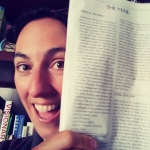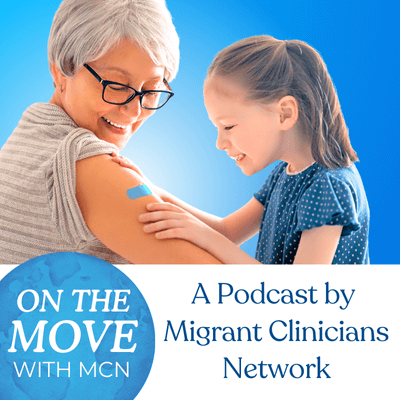Staying Safe from Ebola Infection

MCN’s Chief Medical Director, Ed Zuroweste, was asked by the World Health Organization (WHO) to be a lead trainer for an international effort to train primary care clinicians in Africa to handle the Ebola crisis. Here is Ed’s update from Uganda, where the third day of training has just finished.
“In the afternoon we split up in groups and had several hands-on learning stations that all 50 participants rotated through… One of the stations is putting on and taking off the very extensive Personal Protective Equipment (PPE) which consists of six items: you start out dressed in scrubs and wearing rubber boots; then, you put on [a] full-body jumpsuit with hood and shoe covers -- think of a onesie that little kids sleep in -- with the first pair of gloves inside the suit; then, a surgical mask; then, either goggles or a face shield; then, either a full head covering or the hood of the jumpsuit; then, a waterproof apron; [and finally, you put on] the second pair of gloves over the outside of the jumpsuit sleeves.
“Each participant stays in the suit for several minutes to see what it would be like to work like this. Only a very small area of your neck is exposed, and the patients will not have any idea what the clinician who is caring for them looks like in this outfit. You get very warm in these PPEs. Now they are usually limiting clinicians to about 45 minutes because of the real concern for heat stress and heatstroke. Remember, this is Africa, and [clinicians] will be working in tents or make-shift structures without air conditioning, so it gets very hot. And imagine trying to start an IV in a very sick patient with two sets of gloves on, and your googles or face shield fogging up. Then they had to go through the very meticulous process of removing all of this equipment with the realization that the outside could all be contaminated with the Ebola virus. This is the most important and dangerous part of the procedure and has to be done just right, with [the PPE] being sprayed several times by an assistant with a disinfectant.”
Additionally, Ed and a co-trainer from North Carolina facilitated sessions based on five case studies, where participants had to problem-solve “real cases from Ebola treatment centers,” Ed said. “We asked a set of clinical questions related to the triage, diagnosis and treatment of each patient. The group then discussed all the possible actions that they would take.
“I really enjoy facilitating this type of activity because it is very interactive and we have adequate amount of time in a very small group setting to really drill down and discuss very difficult clinical decision-making, and ethical issues related to the diagnosis and treatment of this very deadly disease in very real and current patient situations. It is also very interesting to hear how each country representative would handle certain situations based on the health care system and culture of his or her country. These are very experienced physicians, many of whom have treated Ebola patients in the past, and so the discussions become very lively and I am learning a tremendous amount from all of them.”
In an earlier communication with MCN’s Director of Education and Professional Development, Jillian Hopewell, Ed explained why the training is so necessary at this point in the outbreak: “There are all of these new doctors and nurses who are being sent to start all of these new Ebola treatment centers, and they have not been trained at all on how to approach the issues,” Ed explained. “That is why there have been so many health care workers who have been infected and died – they have not followed the strict protocols, and have put themselves at high risk. That is what we need to teach them.”
Please check back into our blog for a final report from Ed in Uganda, later in the week.
- Log in to post comments






